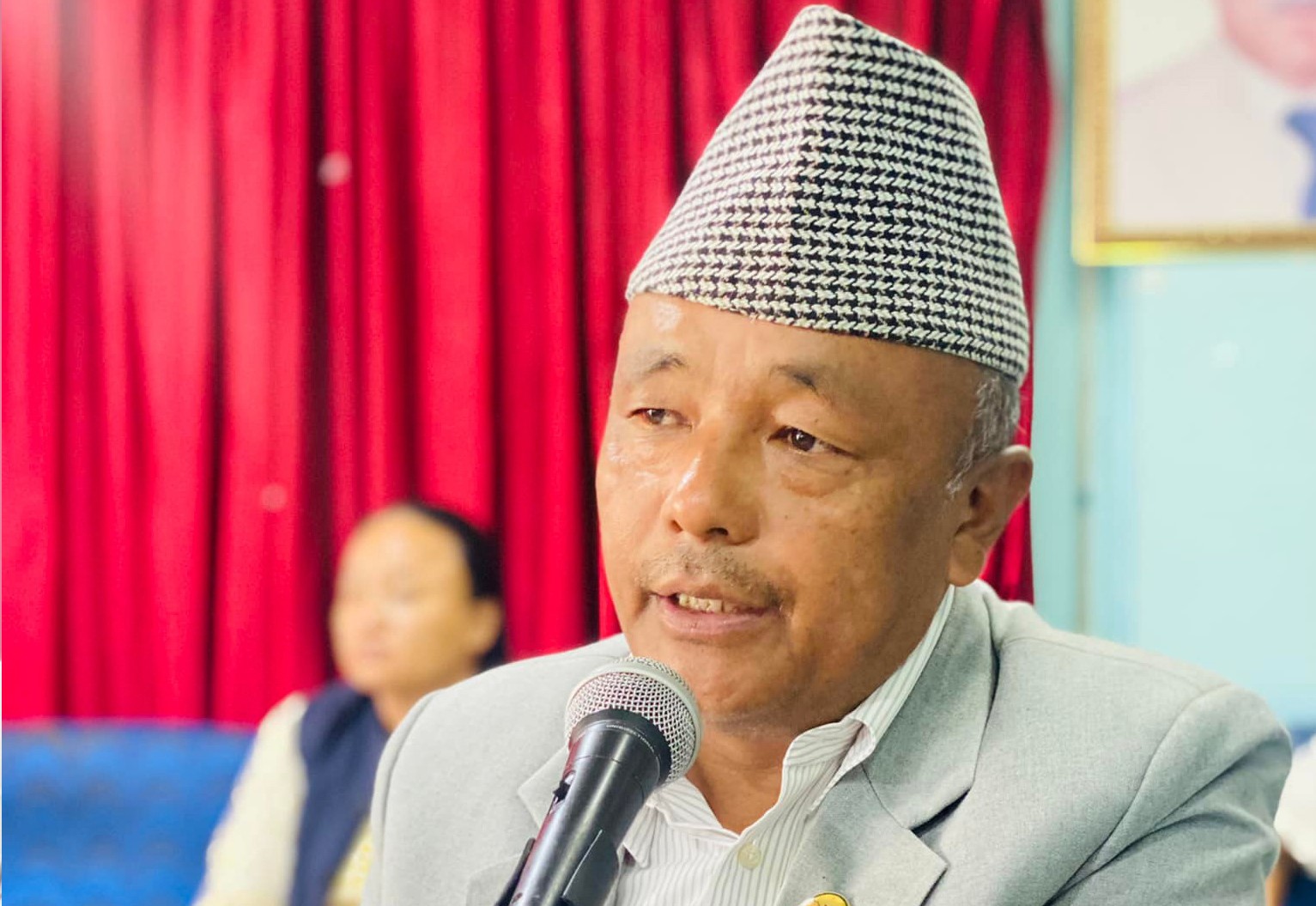0%

Suryaman Tamang (Dong)/File Photo
KATHMANDU: People’s representatives who should focus on lawmaking are being criticized by the public at large for running around looking for budgets for petty development projects in their respective constituencies.
Although eight years have passed since the promulgation of the new Constitution, some important laws directly related to the implementation of federalism have not yet been formulated.
Federal civil law, school education bill, laws related to concurrent rights of the federal, province and local level and some other laws related to development works have not be made, which is making the implementation of federalism a challenge.
A member of parliament of the ruling Maoist Center party, Suryaman Tamang (Dong), admits that the legislature should instead focus on making policies and rules for running the country.
However, the contradictions in the society forced the members of parliament to work on development.
Giving an example of the fact that in some countries elected people’s representatives as legislators do not even participate in the government but are only involved in law making, former Minister of State Dong said that in the case of Nepal the role of parliamentarians, who should be focused on law-making, is weakening due to the understanding that they must become ministers, and that too of ‘lucrative’ ministries.
In a dialogue with RSS, he said, “The job of the parliamentarian is to create laws and regulations to run the country. Experts should participate in the government. Parliamentarians will make laws and those who participate in government will implement them.”
After becoming a member of CPN (Mashal) in 2045 BS, Dong became a central member of CPN (Maoist Center) in 2061 and is a member of the Politburo.
Represented in the House of Representatives from Kavrepalanchok Constituency No. 1, he has experience as a member of the Interim Legislature-Parliament in 2063, member of the Constituent Assembly in 2064 and Minister of State for Energy in 2068 BS.
Accepting that the activism of MPs increased during the preparation of the budget rather than in the preparation of laws, MP Dong said however it is natural for MPs to become more active when the budgeting process is going on to solve the problems faced by the people. It should not be taken otherwise.
He says that after the annual estimate (budget) of revenue and expenditure of the current financial year has been passed the Parliament is focusing on law making.
A bill related to the amendment of some Nepal Acts has been submitted in the House, discussion on the Federal Education Act has also started.
Furthermore, the Act related to transitional justice is being discussed in the concerned Committee of the Parliament. Parliamentarian Dong argued said that although there is some delay in law making, some important laws have been formulated.
Acknowledging that the question of good parliamentary practice has been raised due to frequent interruption of the Parliament, he said that the political parties should be clear about when to interrupt the House.
“The blocking of the parliament is motivated by political interests when the government is preparing to implement initiatives towards good governance with social justice,” he said.